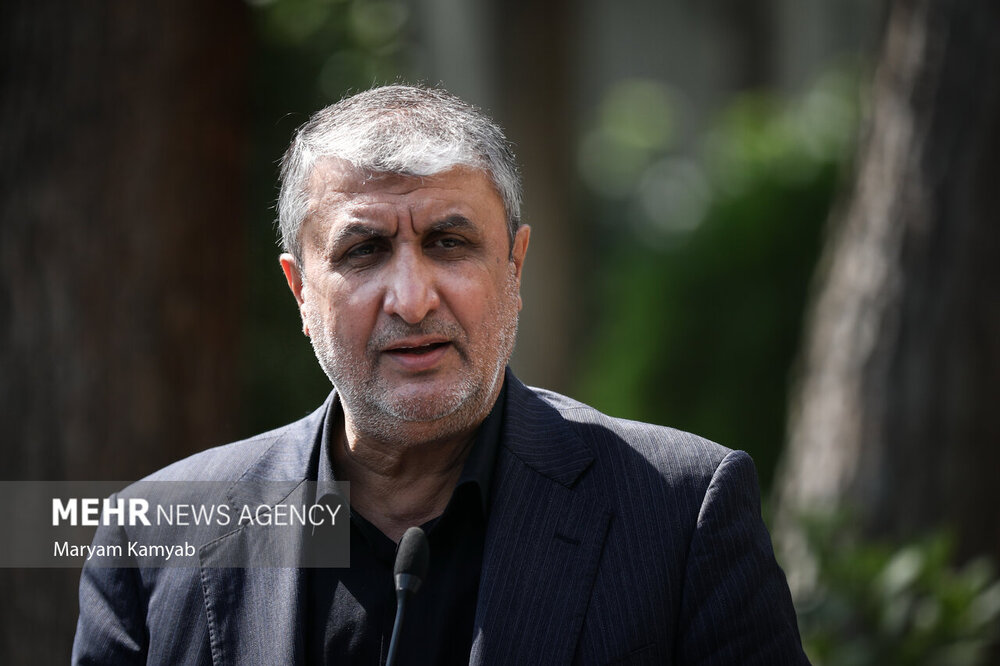Iran warns IAEA not to advance Israel’s agenda

TEHRAN - Head of the Atomic Energy Organization of Iran (AEOI) on Wednesday warned the International Atomic Energy Agency (IAEA) not to advance the Israeli regime’s agenda against the Islamic Republic.
Talking to reporters after a cabinet meeting, Mohammad Eslami said Israel is pushing ahead with a terrorist plot and psychological war against the Islamic Republic by repeating baseless allegations against Tehran for its civilian nuclear activities.
Eslami further urged the IAEA not to raise accusations against Iran based on claims made by the Tel Aviv regime and anti-revolution groups, stressing that Tehran would never surrender to the UN nuclear watchdog’s Israeli-influenced political approach.
Eslami once against dismissed as baseless the recent allegations leveled by the IAEA against Tehran’s conventional nuclear work.
“The issue of utmost importance is that Iran is a signatory to the nuclear Non-Proliferation Treaty (NPT). All of the Islamic Republic of Iran’s nuclear activities are in accordance with the Safeguards Agreement. The Agency is present in Iran and is strictly monitoring the country’s nuclear activities,” he stated, according to Press TV.
He also said that Iran believed the recent remarks made by IAEA chief Rafael Grossi had been distorted for political purposes, cautioning that Israel’s pressures have deviated the UN nuclear watchdog's reports from technical approach.
Iran expects the IAEA to ignore the commotion that Israel and anti-revolution groups have created over Tehran’s nuclear program for over 20 years, Eslami said, emphasizing that the UN nuclear watchdog should not allow the political influence of certain entities to affect its decisions.
Early this week, Grossi repeated previous accusations against the Islamic Republic, calling on Iran to explain what he claimed to be “traces of enriched uranium” found at the country’s nuclear research sites.
‘Iran will abide by previous restrictions if nuclear deal is revived’
The hopes for revival of the JCPOA has gained new momentum as the European trio (Germany, France and Britain), Russia and China have backed the new draft text presented by the European Union. Iran has also submitted its response to the draft text, which has been described as “reasonable” by EU foreign policy chief Josep Borrell. The U.S. was also expected to give its response on Wednesday.
Under the JCPOA, which was abandoned by the U.S. in 2018, Iran agreed to put limits on its nuclear activities in exchange for termination of economic and financial sanctions.
In his Tuesday interview with reporters the nuclear chief said Iran will honor what it had agreed to under the JCPOA in 2015 if the multilateral agreement is restored.
“We will commit (ourselves) to the framework of the JCPOA which we had agreed to…they (the West) should return to the JCPOA and implement what had been agreed by the sides,” he pointed out.
Iran will fulfill “nothing more and nothing less than” the original JCPOA in terms of commitments, Eslami asserted.
